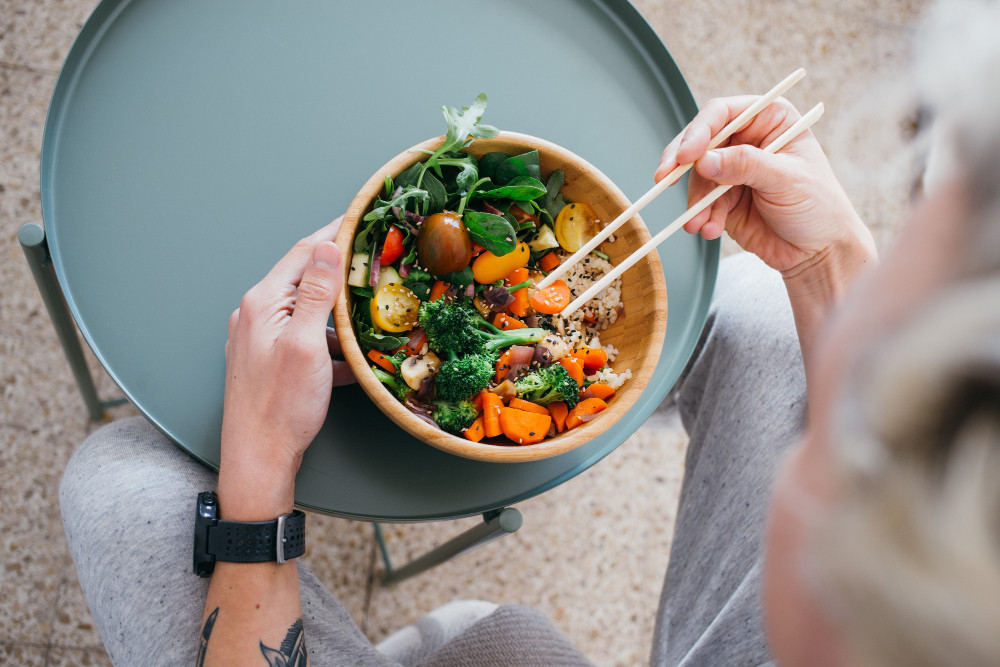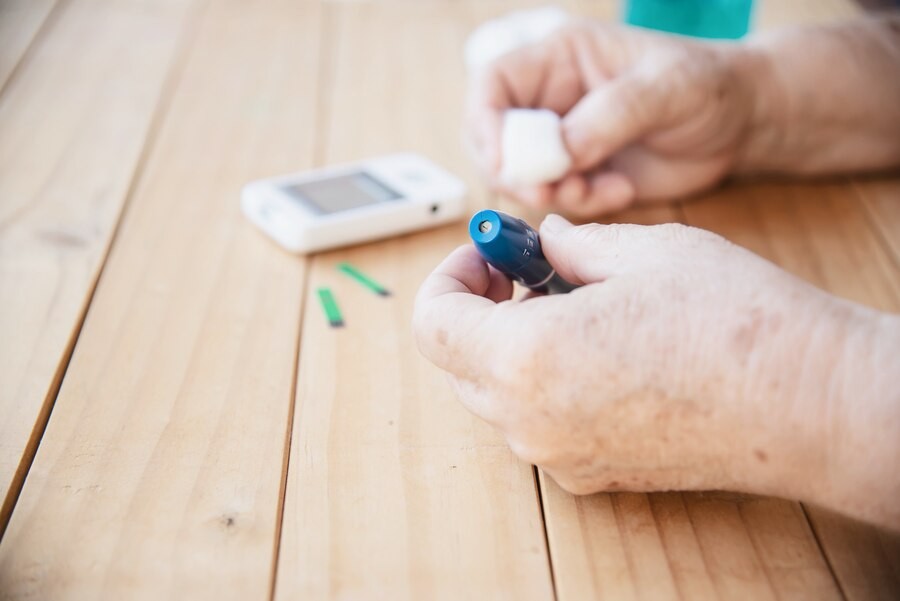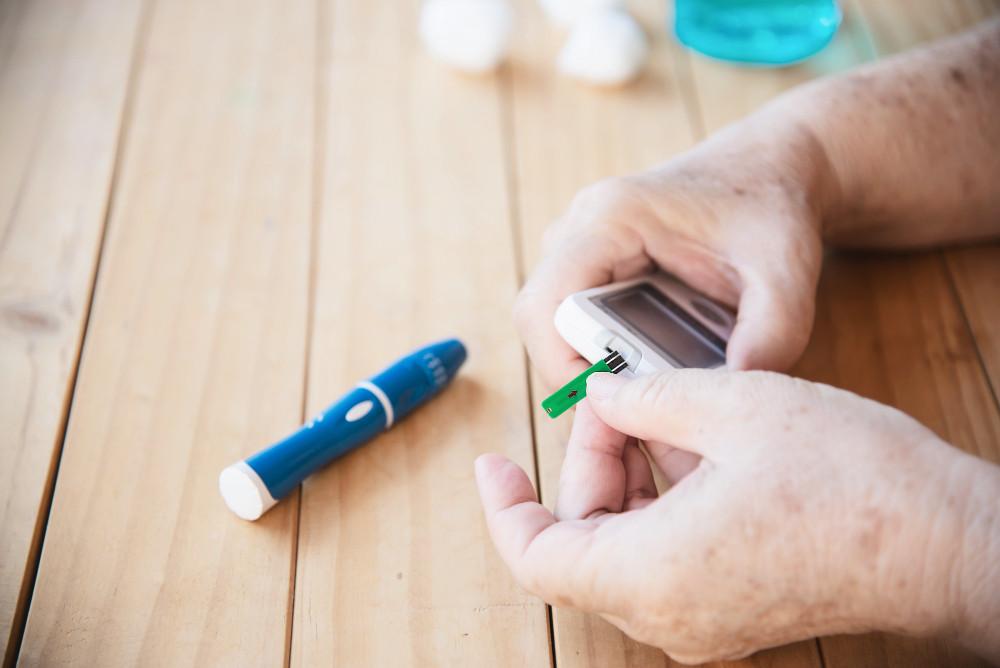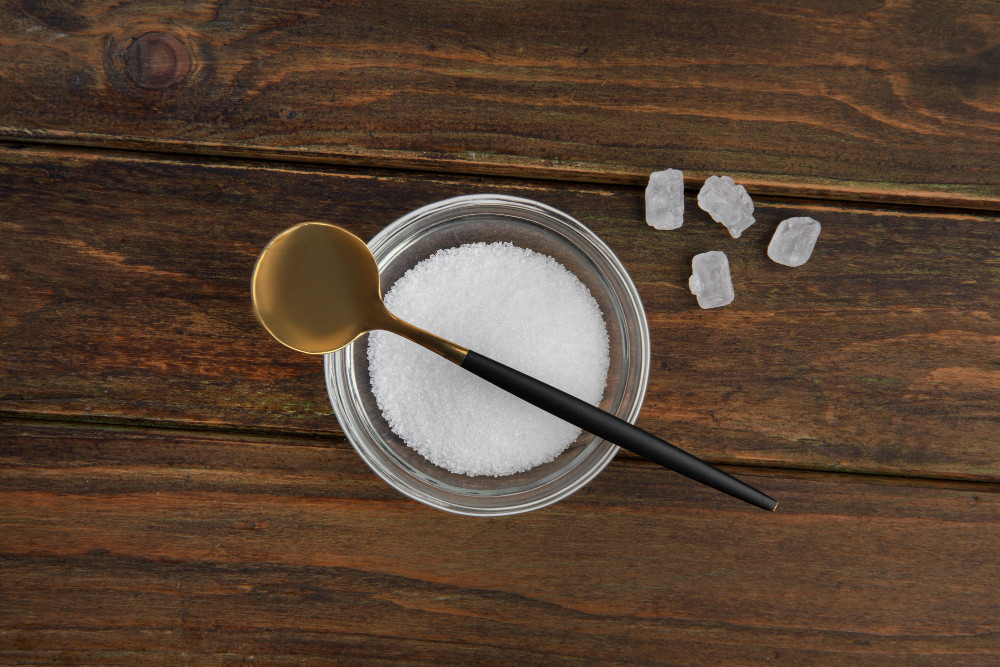Frequent blood sugar rises increase the risk of heart disease, renal issues, and neurological diseases. In general, blood sugar rises after eating, particularly after consuming foods high in carbohydrates. How can we control blood sugar increases after eating? Check out the following review.
Tips for Stabilizing Blood Sugar Levels After Meals
Those who have diabetes need to routinely check their blood sugar levels. Symptoms of high blood sugar include headaches, weakness, and anxiety or depression. Conversely, a person may faint if their blood sugar levels are too low.
Normally, blood sugar levels rise after eating. On the other hand, an excessive increase in sugar levels can raise the risk of developing further health issues like heart disease, kidney problems, and other metabolic disorders.
Read more: Three Causes Of Blood Sugar Soaring In The Morning
The following recommendations will help avoid blood sugar increases after eating:
Control your eating habits
The foods you eat have a big impact on your blood sugar levels. You can modify your diet, starting with breakfast, snacks, and supper menus, to reduce blood sugar increases.
- Breakfast
Choose meals that are high in protein and low in carbs. Protein reduces the rate of digestion, which reduces the risk of blood sugar increases. Foods low in carbohydrates, meanwhile, can further contribute to lowering blood sugar levels.
- Snacks
Choose sugar-free, nutritious snacks instead of those that come in processed meals, candies, soda beverages, or biscuits. As an alternative, you may consume snacks that are either fresh fruit or fruit juice without added sugar.
In addition to planning a snack menu, you also need to arrange when you will eat your snacks. Avoid eating snacks too soon after a large dinner. Plan a snack for at least two to three hours following a large meal to prevent frequent increases in blood sugar.
- Dinner
Blood sugar is typically most difficult to control in the afternoon. As a result, your dinner should include supplies that are low in carbohydrates yet strong in protein and fiber.
Drink lots of water
Not drinking enough water promotes a blood sugar rise. Dehydration causes the body to release the hormone vasopressin, which urges the kidneys to retain fluid and makes it more difficult for the body to discharge excess sugar in the blood via urine. As a result, drink plenty of water, at least 7-8 glasses each day, or as needed based on your physical condition.
Read more: Symptoms Felt When Blood Sugar Levels Are High
Increase physical activity
You may minimize blood sugar increases after eating by increasing your physical activity. To keep blood sugar from increasing rapidly, do some gentle exercise, such as walking for 15 minutes after eating. You can also boost your daily physical activity by at least 30 minutes, or 150 minutes each week.
Take medicine
If required, your doctor may prescribe medication to help lower blood sugar levels after eating. The correct medications may relieve post-meal blood sugar spikes faster and more effectively than a long-term lifestyle modification program.
Controlling blood sugar increases after eating is important for overall health, particularly for diabetics. Extreme and frequent blood sugar spikes may increase the risk of diabetes complications.
Those of you with diabetes should have frequent medical evaluations. If you need medical advice or consultation, you can either visit a doctor or make use of the consultation features that are available in the Ai Care application by downloading the Ai Care application from the App Store or Play Store.
Looking for more information about other diseases? Click here!
- dr. Alvidiani Agustina Damanik
Rowles, A. (2024). 12 Tips to Prevent Blood Sugar Spikes. Available from: https://www.healthline.com/nutrition/blood-sugar-spikes
WebMD Editorial Contributors. How to Manage Blood Sugar Spikes After Meals. Available from: https://www.webmd.com/diabetes/how-manage-blood-sugar-spikes-after-meal
Noe Pagan, C. (2022). Natural Ways to Prevent Mealtime Sugar Spikes. Available from: https://www.webmd.com/diabetes/prevent-sugar-spikes











